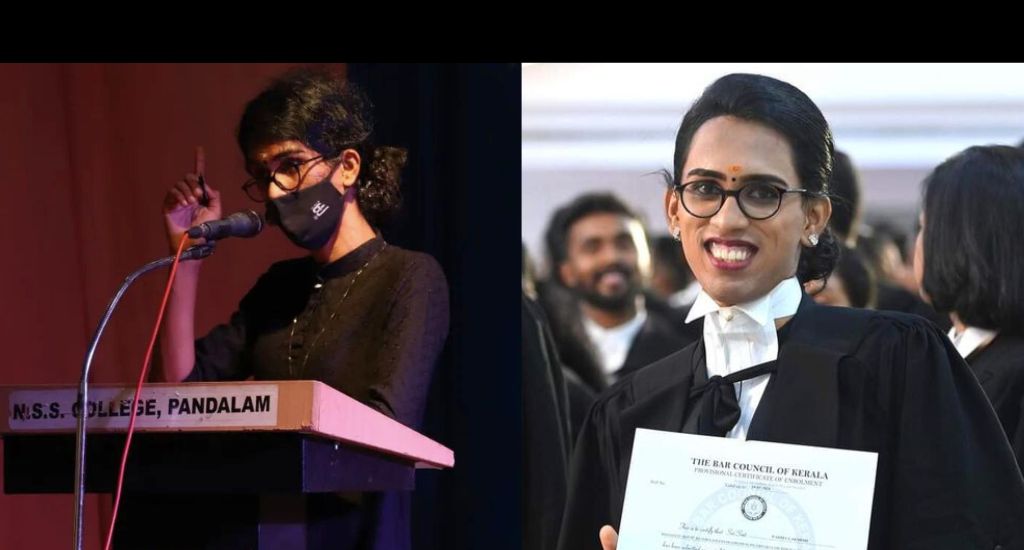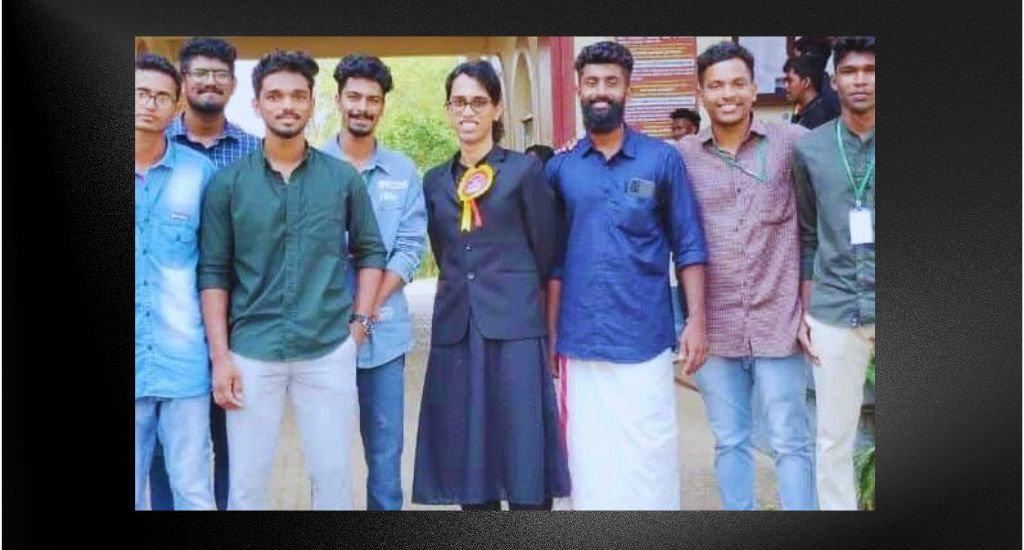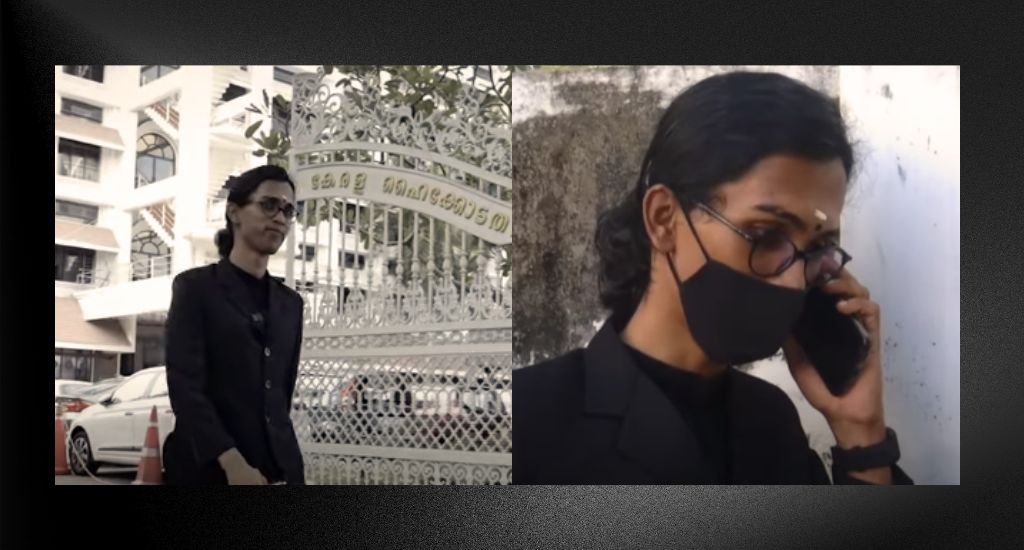
Kerala’s first transgender lawyer helps promote inclusivity
Transgender people come out and seek her help after years of hiding their gender identity for fear of being ostracised. Padma Lakshmi is happy to oblige.

Transgender people come out and seek her help after years of hiding their gender identity for fear of being ostracised. Padma Lakshmi is happy to oblige.
Lawyer Padma Lakshmi walks confidently among the throng of black-coated advocates in a courthouse in Kochi, the Kerala port that for millennia was the starting point of the spice trade. But she is not just another lawyer running for a meeting.
Padma became Kerala’s first transgender lawyer on March 21 this year and her example is inspiring others in the southern state’s conservative countryside to come out and seek her help, after years of hiding their gender identity for fear of being ostracised.
Kerala is known for its high literacy rate and progressive society. Still, for many, any perceived deviation from traditional sexual norms is regarded as a deep source of shame, cause for being disowned by their families, and – in several instances – social boycott.
Padma is informed about a transgender person from a remote village in Palakkad district.
Nicknamed “Mayamohini” after a popular Malayalam movie in which the hero playacts a woman, the person has long been treated as an outcast for his effeminate looks, and harassed with innuendoes and jibes by her friends and relatives.

“Had I been living in a town like Kochi or Thiruvananthapuram, I would have revealed my true identity. Here in my village, I am alone,” he said. He must remain anonymous for fear he will “swing upon the gallows tree” if exposed.
Padma knows what it’s like to be a fringe outlier. “I advise them to come forward. Our Constitution provides equality and equal opportunity to us too. They should never be perturbed,” she said.
Padma shares her name with the goddess of fortune, Lakshmi. And she considers herself quite fortunate. Born to educated and supportive parents – her mother is an advocate’s clerk and her father, a shopkeeper in Kochi who used to work at Cochin Shipyard Ltd – Padma got a good formal education.
A physics graduate, she enrolled in Ernakulam Government Law College in 2019 and sold insurance policies on the side, before getting her bachelor’s degree in law and becoming a lawyer. She is aiming to have a crack at the judicial service exams, but her long-term goal is to help the transgender community.
“I am going to fight against inequality faced by the transgender community. Now I have the power to fight for justice. I need everyone’s support,” she said.
Sexual minorities across India have gained a degree of acceptance, especially in big cities, and transgender people were guaranteed equal rights as a third gender in 2014. But prejudice persists and the community continues to face discrimination and rejection by their families.
They’re often denied jobs, education, and health care.
Kerala’s transgender policy of 2015 states that 58% of transgender students drop out before completing their 10th grade in school, and nearly half of them reported stigma at home.
Padma’s parents and her two elder sisters never treated her differently, although she struggled miserably with gender discomfort since childhood.
“Be bold and enthusiastic. Never bow before anyone,” her father had told her.
The 2015 report says the state has around 25,000 transgender people, although activists estimate their number to be much more than the official count. Another survey is being conducted and the report is awaited.

“Some villages reported having no transgender people. It is highly unrealistic. Many are afraid to reveal their identity,” said Dr Amruthraj RM, an expert on gender studies at Kerala Institute of Local Administration.
Until Kerala brought out its policy to “mainstream” transgender people, calls for their rights seemed like an issue from another planet. Social stigma left these people—and still does— vulnerable to police harassment, forcing many to hide their sexual orientation.
The transgender policy states that 52% of the state’s transgender people face police harassment and 73.3% are not confident about facing the police.
A transgender person from a seashore village in Thiruvananthapuram district asked: “If I am tormented by police, who will help me?” Another in Kochi had a similar question.
“I will. I will provide legal help,” lawyer Padma assured.
Some village panchayats have come forward with plans for the livelihood, health, and protection of transgender people living amongst them. The government has also created 45 transgender-only self-help groups. But Padma suggests more initiatives.
“My experience has taught me it is tough to educate the masses. We have to teach the new generation about the social realities,” she said.
Padma goes from college to college, school to school to give motivational lectures.
Life is hard for transgender people, many are victims of sexual assault and resort to working as wedding dancers or begging to make a living. “Transgender individuals deserve to be able to live free from discrimination, harassment, violence, and threats of violence,” Padma said. Her resolve to help them has a sobering effect.
The lead image at the top shows Padmalakshmi delivering a speech to motivate youth (Photo by K Rajendran)
K Rajendran is a journalist based in Thiruvananthapuram.